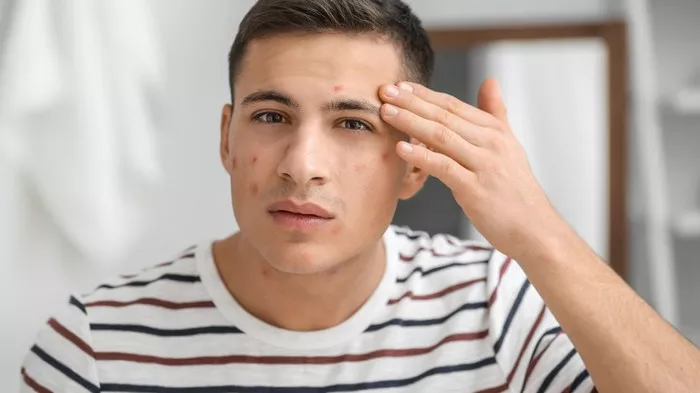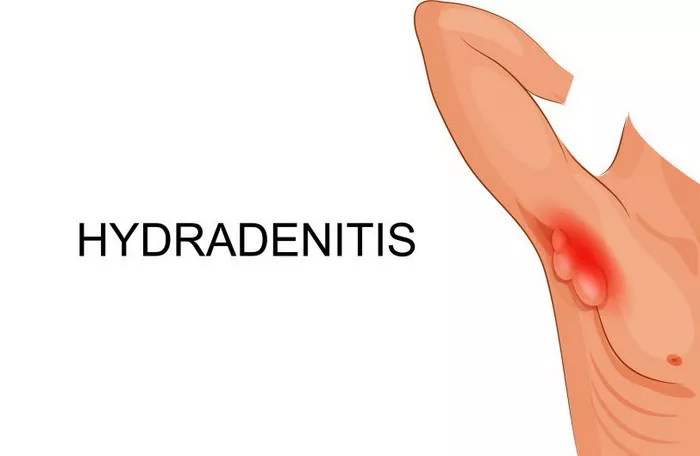Scalp psoriasis is a challenging condition that affects many individuals, causing discomfort and impacting quality of life.Understanding the nature of this condition and exploring effective treatment options can help manage symptoms and improve overall well-being. This article provides an in-depth look at scalp psoriasis, including its symptoms, treatment options, lifestyle management, and when to seek medical help.
Understanding Scalp Psoriasis
Definition & Symptoms
Scalp psoriasis is a chronic autoimmune disorder characterized by the rapid growth of skin cells on the scalp. This overproduction of skin cells leads to the formation of thick, scaly patches that can be itchy and uncomfortable. The exact cause of scalp psoriasis is not fully understood, but it is believed to involve a combination of genetic and environmental factors.
Common symptoms of scalp psoriasis include:
Flaking: Large, silvery-white flakes of skin that can be easily seen on the scalp and shoulders.
Itching: Persistent itchiness that can range from mild to severe.
Redness: Inflammation and redness of the skin beneath the scales.
Scaling: Thick, crusty patches that can sometimes crack and bleed.
Dryness: The affected areas may feel dry and tight.
Severity
Mild Scalp Psoriasis: Characterized by small, localized patches with minimal discomfort.
Moderate Scalp Psoriasis: Involves larger patches that cover more area of the scalp and may cause more noticeable symptoms.
Severe Scalp Psoriasis:Extensive coverage of the scalp with thick, inflamed patches that may lead to significant discomfort and potential hair loss.
Scalp Psoriasis Home Remedies
You can manage your scalp psoriasis symptoms at home by:
Bathing daily, gently washing your scalp with mild soap and lukewarm water. You can also add bath oil, oatmeal, or Epsom salts to your water and soak in it for at least 15 minutes.
Moisturizing your dry scalp with oils or thick ointments
Spending some time under the sun, only exposing areas with scalp psoriasis to sunlight. Talk to your doctor about using sunlight to improve your psoriasis first, as too much sun can trigger or worsen your symptoms and make you more likely to have skin cancer.
Taking up healthy lifestyle habits like staying active and eating a healthy, balanced diet to manage your symptoms
Systemic Treatment for Scalp Psoriasis
Systemic treatment involves taking medicines that affect the immune system to help manage psoriasis. These medications work on your body entirely. About 10% to 20% of people with moderate or severe psoriasis take these medicines.
Your doctor will recommend systemic treatment for scalp psoriasis only if you have moderate or severe scalp psoriasis and you can’t tolerate other types of treatment or they don’t work for you.
SEE ALSO: Why Does the Sun Make My Psoriasis Worse?
Systemic medicines for treating psoriasis include:
Biologics. These medicines are made from living cells. They target specific parts of the immune system that are overactive in psoriasis.
Small molecules. These are drugs that work on immune cells involved in psoriasis. They include apremilast and tofacitinib.
Scalp psoriasis can lead to complications such as:
Infection: Cracked or bleeding patches may become infected.
Hair Loss: Persistent inflammation and scratching can result in temporary or permanent hair loss.
Scalp Psoriasis Treatment FAQs
What causes psoriasis of the scalp?
Psoriasis of the scalp happens when your immune system doesn’t work as it should, causing your skin cells to grow too quickly.
Is it OK to remove scalp psoriasis?
It’s not OK to remove scalp psoriasis, as doing so may worsen your symptoms unless you’re using OTC products with salicylic acid, lactic acid, urea, zinc pyrithione, or selenium sulfide to make it easier to remove.
What deficiency causes scalp psoriasis?
Vitamin D deficiency has been linked to scalp psoriasis, although researchers are still trying to find out how it contributes to psoriasis.
Conclusion
Many people with psoriasis have it on their scalp, causing areas of their scalp to have plaques and to be red and itchy. Treatment can be challenging, but there are several options to explore with your doctor. If over-the-counter or prescribed medicines such as creams, steroids, lotions, solutions, sprays, or foams don’t work well, your doctor may suggest light therapy or systemic therapy. You can also manage your symptoms at home by regularly bathing and moisturizing, staying in a cool environment, using anti-itch shampoo and moisturizer, and maintaining healthy lifestyle habits.
Related Topics:
























